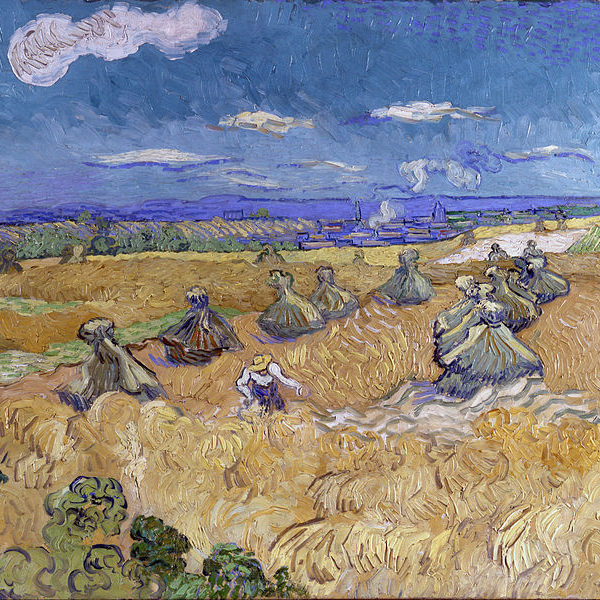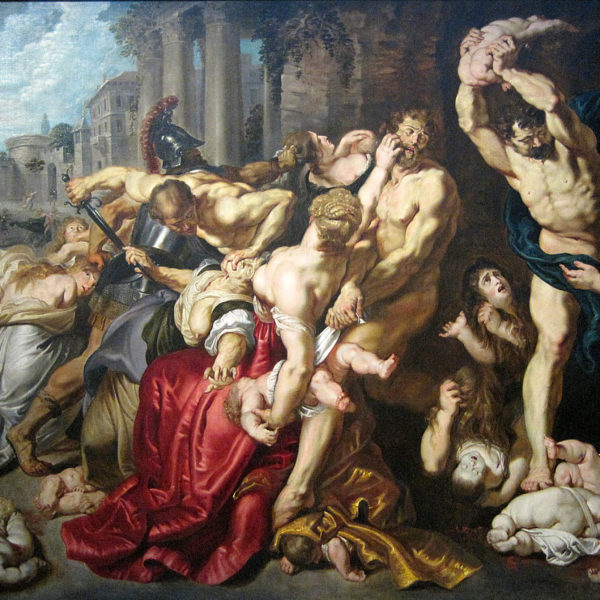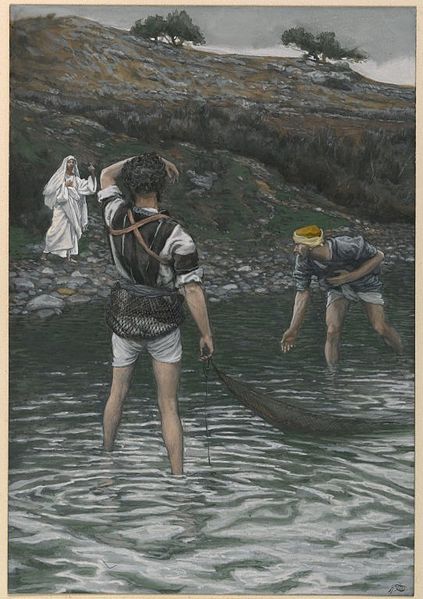
In the sphere of political decision-making, ‘the grace of doing nothing’ is usually a losing proposition. However, the parable of the wheat and the weeds invites even the angriest reactionary to consider the complexity of wheat and weeds, good and bad, us and them, and the dangers involved in precipitous action.

The account of the slaughter of the innocents rests like a deeply unsettling shadow upon the Christmas story, with its themes of God’s peace and presence. Yet, in reflecting upon this account, we may discover a profound new conception of the mode of God’s presence within our world and its tragedies.

The lectionary readings for Epiphany bathe the reader in the language of light. Isaiah 60:1 commands the people of Zion to “Arise, shine; for your light has come.” Psalm 72:5 invokes those celestial light-givers, the sun and moon. And of course Matthew 2:2 gives us the splendid star-following magi and their sparkly gift of gold. In our most domesticated and tamed interpretations, we bask in the warm and cheerful glow emanating from these readings. Like our fireplaces keeping the gray winter at bay, these passages have become homey and cozy for many readers. Truth be told, I rather like that warm glow this time of year! Yet when these passages are let out of the house, they open up a larger landscape filled with things other than light and joy. Yes, they celebrate divine justice for the poor and the leader’s power to create it. They also illuminate the darkness and deception of power politics. They lift up the vulnerability of the divine sovereign made flesh, but also blatantly seek world dominion for the Davidic king. They rejoice in the manifestation of God, but also point to places where God‘s justice is eclipsed by political animals. In short, these passages for Epiphany disorient us about God and politics as much as they reveal God‘s relationship to the world…
Political Theology and the lectionary for Sunday, November 20, 2011.
To be sure, some smart evangelicals like Chuck Colson have abjured Rand in toto for her atheism, but her basic premise that government is the root of all evil and that unfettered capitalism is the answer for everything is as true as Trinitarianism in most evangelical’s minds and hearts, a position all but unheard of in Christianity prior to the 20th century.
To think this way as a Christian, one has to do strange things with the Scripture, such as with this week’s lectionary gospel passage for Christ the King from Matthew 25:31-46. The obfuscation of what’s going on in the text is accomplished by diminishing one aspect of the text, while overemphasizing another.
I broke one of my cardinal rules today, again, and was reminded, again, of how incredibly difficult the law of love really is.
In this present age, we are beset by people, inside and outside of the church, who are on an anti-tax jihad.

Jesus says, “Have you never read in the scriptures: The stone that the builders rejected has become the cornerstone?” (20:42). Have you not heard that the poor own the kingdom of God? Do you not remember that the meek are blessed? Do you not remember that Christ is incarnate in the least of those among us? It is as hard for us to hear the cries of the poor today as it was for the Jesus’ fellow Jewish teachers and leaders to hear the voices of the tenants.
Amidst today’s solemn gatherings, plaintive recollections, and lachrymose tributes which will honor the thousands murdered on 9/11, we should also pause and contemplate the cost of American “justice.”
